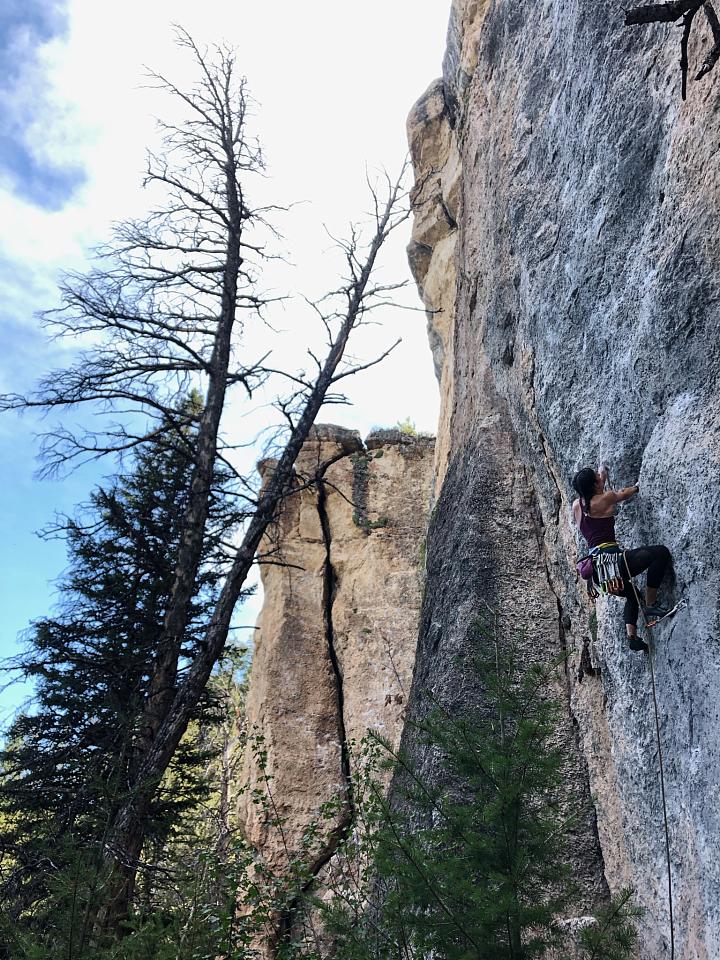Dr. Moriel Zelikowsky: Assistant Professor of Neurobiology and Anatomy.
Moriel earned her bachelor’s degree in Philosophy in 2006 from UCLA and her Ph.D. in Psychology in 2012 from UCLA with Dr. Michael S. Fanselow. Her thesis work on fear and the hippocampus was supported by fellowships from the National Science Foundation and the American Psychological Association and was awarded the New York Academy of Sciences Cattell Award and the Gengerelli Distinguished Dissertation Award.
She completed her postdoctoral work with Dr. David J. Anderson in the Department of Biology and Biological Engineering at Caltech in 2019. Her work on social isolation and the neuropeptide Tac2 was supported by a fellowship from the National Science Foundation, a NARSAD Young Investigator Award, a LOREAL for Women in Science Award, and an NIMH K99/R00 Pathway to Independence Award.
In the fall of 2019, Dr. Zelikowsky became an Assistant Professor in the Department of Neurobiology at the University of Utah School of Medicine, where her lab focuses on the neural basis of stress, fear, and social behavior.
When Dr. Zelikowsky isn't in the lab, she spends her time with her family, including her two young sons, or climbing rocks in Utah's vast wilderness!
Lab Research:
The Zelikowsky lab investigates the brain circuits and neural mechanisms underlying stress, social behavior, and fear. We use cutting-edge, genetically-targeted molecular tools and techniques to identify, manipulate, and image specific populations of neurons across a number of brain regions. These techniques are combined with in-depth behavioral testing and computational analyses to dissect neural circuits and elucidate the role and function of particular cell populations within them.
Recently, our lab has been at the forefront of research aimed at uncovering the neural code underlying prolonged social isolation. For the first time in modern history, humankind is directly testing the necessity of social interaction to our mental and physical health as we experience social isolation due to the COVID-19 pandemic. By understanding how the brain encodes social isolation, it is our hope that our research will have profound impacts on society.
